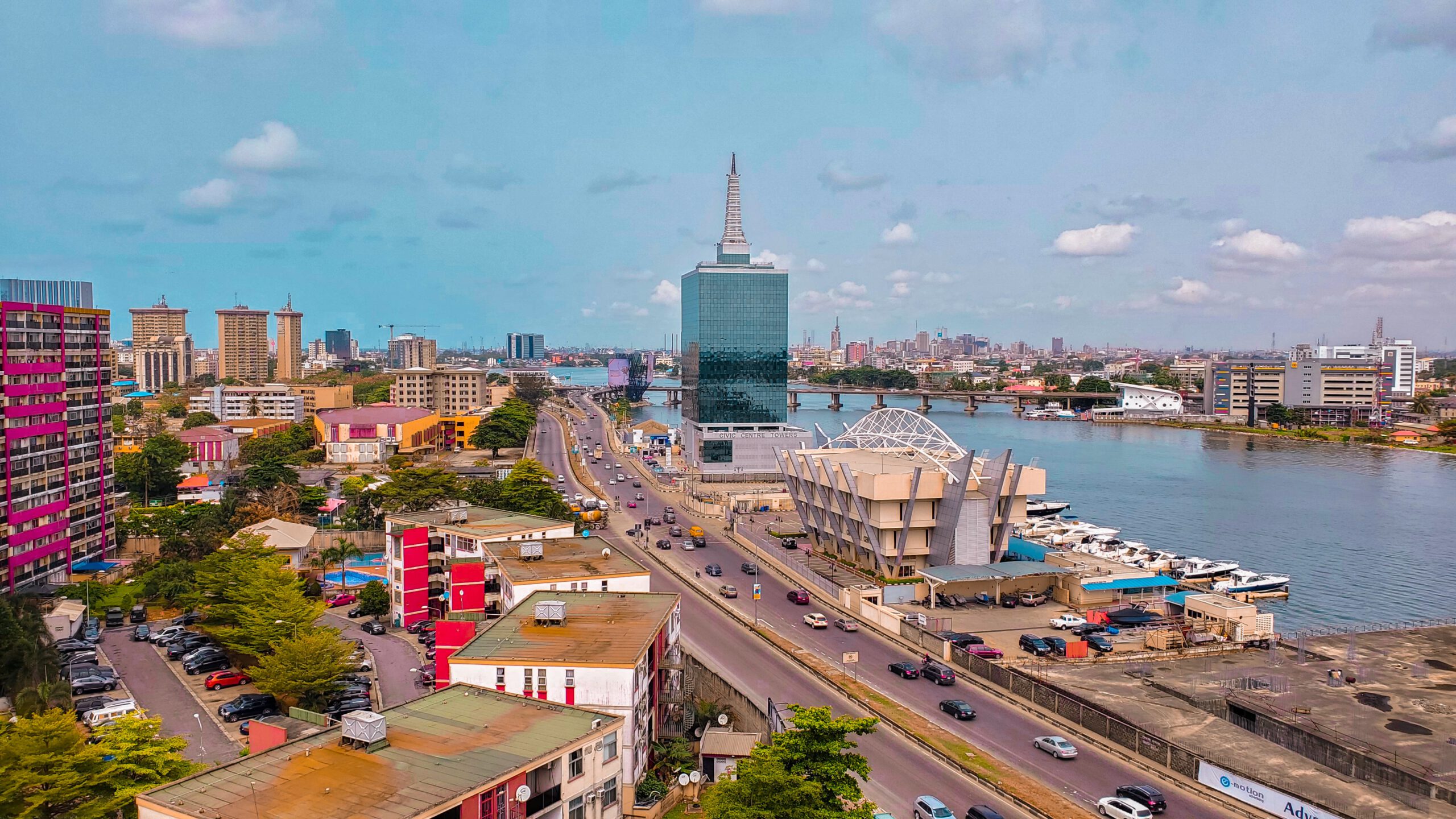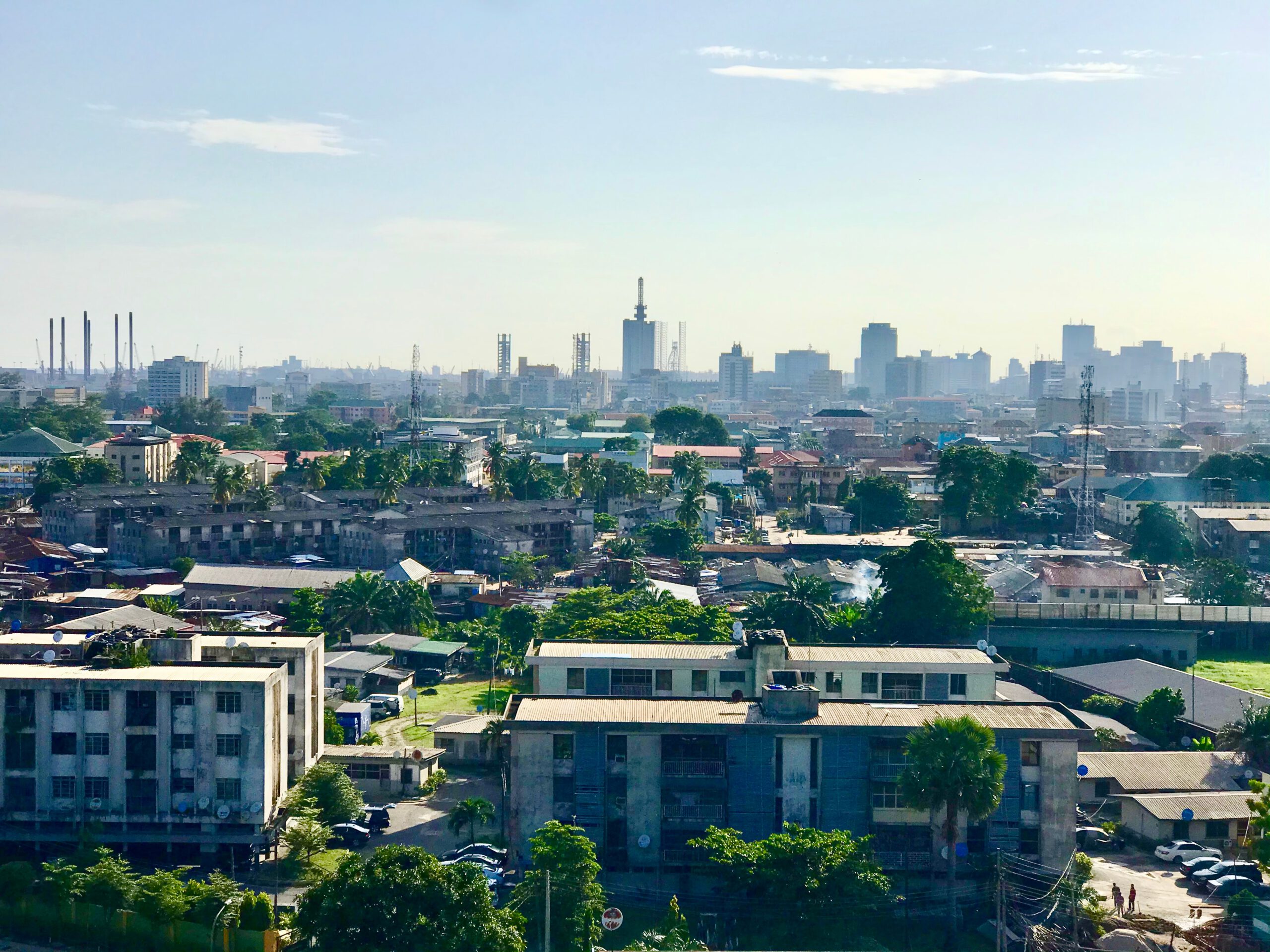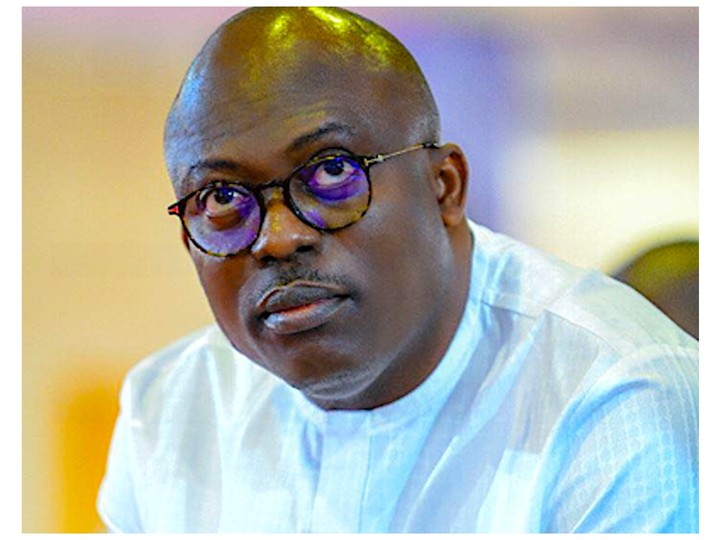
Nigeria, known as the “Giant of Africa,” boasts a diverse and dynamic economy that changes yearly. By 2023, its economy would include established industries and newer ones that make unique contributions to Nigeria’s overall economic tapestry, such as oil and gas, which still make significant contributions toward government revenue and foreign exchange gains for their nation.
Nigeria’s real gross domestic product (GDP) growth experienced a modest slowdown in 2022, falling to 3.3% from 3.6% the prior year. This decline can largely be attributed to lower oil production, which caused industry as a whole to decline 5%, though offset by increases in agriculture (2% growth, of which 7% went towards industry), the services sector (7% growth), and contractions in public consumption (2.5% decrease) and net exports (80% decline, respectively), both on the demand side. Yet even with these challenges on the demand side, annual per-capita income has fallen dramatically to 0.8% annually, showing resilience even under adverse conditions.
Oil in the economy
The oil industry’s value to the forex market cannot be overemphasized; its contributions have directly paralleled Nigeria’s economic expansion. For instance, during the third quarter of 2019, Nigeria experienced annual economic expansion at an annualized rate of 2.288% due to an upsurge in crude oil production that reached a three-year high. This trend continued into 2023, with oil being an essential player in Nigeria’s economy.
Predictions for Q3 and Q4
As Nigeria heads further into 2023, her economy can only be described as cautiously optimistic. Real GDP is projected to experience moderate annual real growth of 3.3%. In comparison, inflation will peak at 19.6% before falling to 13.6% by 2024 as a result of contractionary monetary policies as well as efforts made by government authorities and food supply initiatives.
Assuming the subsidy on Premium Motor Spirit (PMS) will be removed and increased revenue boosts will contribute to further decreasing the budget deficit (which could reach below 5% of GDP in 2023), borrowing will likely be used to finance it with preferential treatment given to concessional debt with extended maturities. The current account deficit is anticipated to equal 0.2% of GDP, even with increased oil exports compensating for reduced capital inflows.
International relations
It will not be easy; security concerns and opposition to the removal of PMS subsidies could present significant headwinds along this journey. Yet continuing with the provision of subsidies may cause additional economic complications; on the other hand, should Nigeria’s presidential election in 2023’s results be seen as legitimate and respected for the rest of the year without violence, this would serve as evidence that democracy in Nigeria has matured, encouraging investment opportunities.
Nigeria’s forex market overview
Nigerian forex markets experienced significant changes in 2023. The Central Bank, commonly referred to as the CBN, initiated reforms designed to liberalize and standardize exchange rates. As a result of these measures, the value of the naira dropped nearly forty percent against its dollar equivalent. This was part of an effort by CBN reformers to enhance liquidity in Nigeria’s forex market and hence decide to liberalize the currency exchange market.
CBN action has generated diverse reactions. Market participants have generally welcomed its implementation, viewing it as a necessary step towards strengthening Nigeria’s investment environment and improving investment conditions overall. Others, however, have voiced reservations over any negative ramifications it might have on the economy, given recent depreciation trends in Nigeria’s naira.

Impact of forex changes on the economy
Recent shifts in the foreign exchange market have enormously impacted Nigeria’s economy, as their effects reverberate through import prices, inflation rates, and, ultimately, national economic development. On the one hand, this gives Nigerian exporters an opportunity to become more cost-competitive internationally.
The Central Bank of Nigeria’s decision to liberalize the foreign exchange market has also affected global market indices. MSCI, a top provider of research-based indexes and analytics, is conducting consultations with participants in Nigeria’s financial market regarding whether Nigeria should move from being classified as a frontier market back into standalone status due to recent changes to the forex market.
Nigeria’s economy
While Nigeria’s oil sector has been considerably impacted, other industries play a vital role. Notably, Nigeria’s services sector exhibited remarkable resilience by growing 7.0% between 2022 and 2024 as part of ongoing diversification initiatives undertaken since 2011.
Furthermore, Nigeria’s agricultural industry has shown strong performance. In 2022 alone, this sector experienced an astounding 2% compound annual growth rate despite climate change and other environmental challenges affecting productivity — an astounding feat demonstrating Nigerian farmer resiliency and successful policies designed to enhance production levels.
Fiscal deficits and public debt
After reaching an all-time high of 5.2% of GDP in 2021, the government deficit decreased to 4.9% of GDP by 2022 due to both increased revenues and prudent fiscal management, resulting in fiscal discipline measures such as borrowing to cover deficit financing costs and increasing public debt from $92.6 billion (around 20% of GDP) when initially reached in 2021 to $103.1 billion (22% of GDP).
Even though this amount is manageable, its presence underscores the necessity of exercising fiscal restraint and effectively managing debt. The government prefers concessional debt with longer maturities, which is one step towards reaching this goal.
Inflation and monetary policy
At 18.8% in 2022 — its highest rate ever over the past twenty years — inflation reached its highest-ever level ever seen since 1998. To combat it, in November 2022, the Central Bank of Nigeria increased the policy rate from 11.5% at the start of the year to 16.5% currently. Although they hope this contractionary monetary policy will help control inflation, its implementation might cause a short-term slowing of economic growth.

Looking ahead
Nigeria’s economy faces both obstacles and opportunities in 2023. Although Nigeria faces numerous hurdles to economic development, Nigeria still retains cautious optimism regarding its economy’s outlook. With the country’s diverse economy and abundant natural resources, Nigeria will find ways to overcome any current or anticipated hurdles and achieve sustainable economic growth in 2023 and beyond. Nigeria can count on strong support from abroad despite facing obstacles; its robust vitality gives us a great reason for optimism.






